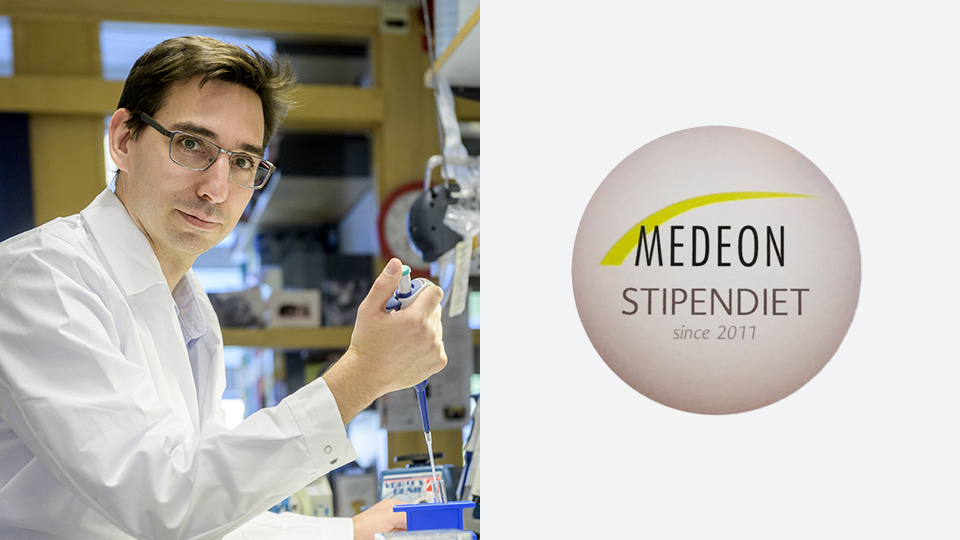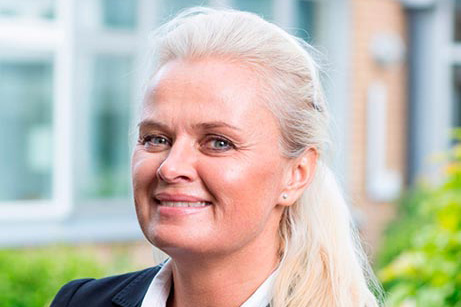Medeon Blogg

Discoveries Offering New Hope for Brain Diseases
Can dementia caused by diabetes be reversed? According to this year’s Medeon award recipient, Joao Duarte, the answer is likely yes – with the help of medications already available. His research not only holds the potential to improve the lives of people with diabetes but also sheds new light on a range of other neurodegenerative diseases, such as Parkinson's and Alzheimer's diseases.
For the past 20 years, Joao Duarte has studied how the brain is affected by diabetes. Using advanced cellular and animal models, he and his research team at Lund University have closely examined, at the molecular and cellular levels, the changes that occur in the brains of diabetics experiencing memory loss and dementia.
“Our most important discovery is that the neurons are not dying but are instead altering how they communicate with each other. A key reason is that the nerve endings, the synapses, are not receiving enough energy,” says Joao Duarte.
Restoring Brain Function
In diabetes, patients struggle to regulate their blood sugar levels, which affects the brain’s energy supply. High levels of fatty acids in the blood, often associated with obesity, and high blood pressure are also harmful to the brain. By better understanding how these metabolic factors affect the brain's neurons, researchers hope to find new ways to protect the brain from long-term damage.
“One possibility could be to lose weight. If successful, many of the factors harmful to the brain would be reduced. But losing weight is difficult! Using rat models, we are studying how medications for diabetes and obesity could help restore the mechanisms damaged in the neuronal synapses,” says Joao Duarte.
The Importance of Diet
Another crucial aspect of Joao Duarte’s research focuses on lifestyle changes. Together with other research groups at Lund University, he is investigating whether certain substances in food can reduce the risk of dementia. For instance, they have discovered that taurine, found in seafood, can improve memory. The researchers are also studying how dietary fibers impact gut bacteria, which in turn positively affect the brain.
“I want to prove that lifestyle changes can help both diabetes memory loss and other cognitive problems. Starting to eat better can improve health and reduce the risk of dementia,” says Joao Duarte.
The Future of Brain Research
Joao Duarte’s research is not limited to the effects that diabetes has on the brain. His findings could also help to understand other neurodegenerative diseases, such as Parkinson's disease, Alzheimer's disease, and ALS.
"The goal is to understand why and how the brain is affected by conditions like diabetes. Perhaps our results can be useful in understanding, preventing, and treating other brain diseases as well," says Joao Duarte.
Medeon Scholarship
The Medeon Scholarship of 50,000 SEK is awarded by Medeon in collaboration with Moll Wendén Advokatbyrå and Max Mathiessen to a promising researcher at Lund University’s Diabetes Centre (LUDC) at the Clinical Research Centre (CRC) once a year. Those who have received the scholarship so far have been researchers in the field of diabetes.
